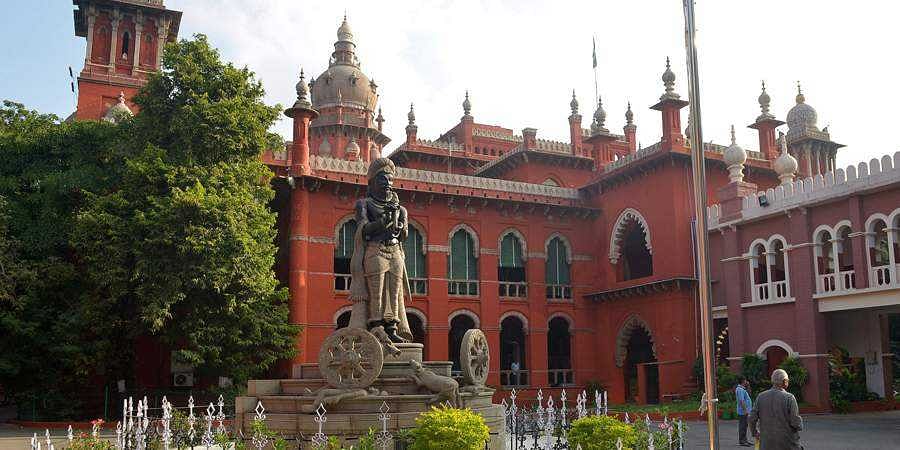The Madras High Court has recently ruled that leave travel concession to travel abroad was not a statutory right and thus dismissed a petition filed by the Union Bank of India Officers Association. The matter was between Union Bank of India Officers Association and another v. Union Bank of India and another (W.P.No.14688 of 2014) and was presided over by Hon’ble Mr. Justice S.M. Subramaniam.
FACTS OF THE CASE:
The petitioners claim that the respondent/Bank notified its determination to extend the benefit of Leave Travel Concession to travel overseas on December 31, 1983 in response to demands made by the Officers and Association. As a result, the officers of the first respondent, The Union Bank of India, are taking advantage of the aforementioned incentive to go overseas by using the Leave Travel Concession.
The respondents, however, have revoked the Foreign Travel Concession given to the officers of the respondents/Bank by the challenged decision of 10.04.2014. The aforementioned choice was made in accordance with a circular released by the Indian Bank Association and the Ministry of Finance of the Indian Government.
JUDGMENT:
The court examined the regulations and found that the leave travel concession programme, which is granted as a right through the regulations, explicitly states that bank executives are qualified to go anywhere in India by the quickest route. The bank gave the benefit to go overseas via an office memo without changing these rules. As a result, the parties failed to reach a bipartite agreement.
Even after reading through the Office Memorandum, it is obvious that the new option was included because many Officers want to use the Leave Travel Concession for international sightseeing trips. Thus, it may be said that the contested communication lacked any legal support. By granting an additional benefit that was not otherwise provided for in the Service Regulations, management exercised its discretion in making the choice.
The Court also considered the opinion that the Hon’ble Supreme Court of India took into consideration the general principles regarding the existing right conferred on the employees and the advantage of the benefit enjoyed by the Government servants when it rendered its decision in the case of H.L.Trehan and others Vs. Union of India and Others. However, in this instance, a difference must be made between the service conditions, or rights, of the employees and the concessions and advantages offered to them, which do not have legal standing. Thus, the facts and circumstances of the current case exclude the application of the principles.
Finally, the court opined that there was no perversity with the order of the bank which warranted the interference of the court and thus dismissed the petition as being devoid of merits.
“PRIME LEGAL is a full-service law firm that has won a National Award and has more than 20 years of experience in an array of sectors and practice areas. Prime legal fall into a category of best law firm, best lawyer, best family lawyer, best divorce lawyer, best divorce law firm, best criminal lawyer, best criminal law firm, best consumer lawyer, best civil lawyer.”
JUDGMENT REVIEWED BY ADITI PRIYADARSHI


